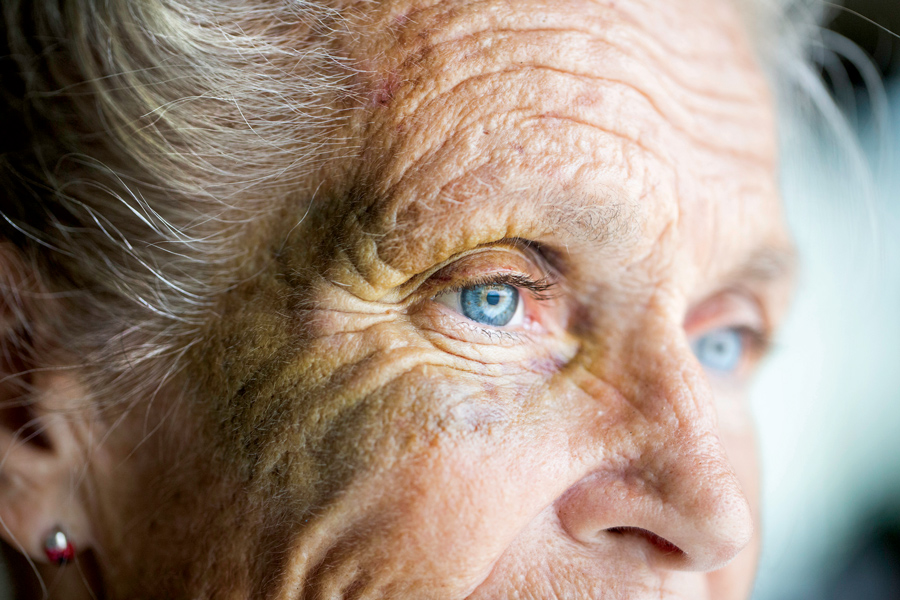Retirement is full of risks and hurdles, as it can span 30 or 40 years for many Americans. Certain risks are well known: running out of money, long-term care, health care and investment risks. Within these broad categories lie hidden or overlooked sub-risks. For instance, within investment risks is sequence-of-returns risk or liquidity concerns. Within long-term care is public policy risk if Medicaid is cut back.
One often overlooked sub-risk of health care is senior depression. It's not well-documented or understood by the financial services industry. And it's usually underdiagnosed, under planned for and underrecognized — even though it affects millions of Americans.
Happiness in retirement is complex, though. Some research shows that many retirees are happier than they were before retirement, and, as a whole, are happier than any other group. But at the same time,
retirees can suffer from depression at rates higher than the average person. It becomes a tale of two cities: increased happiness for some retirees and increased depression among others.
In general, depression has long been a misdiagnosed, misunderstood and misreported illness impacting Americans. Deaths of high-profile and respected celebrities over the years caused by depression have brought the mental illness into the broader public consciousness, but senior depression remains behind the curtain.
Depression can be hard to diagnose and track, as many people don't seek professional help — so the number of people suffering from depression is fuzzy. Some estimates say it's
less than 1% or up to 5%. The National Alliance on Mental Illness says depression impacts roughly
6.5 million seniors, more than double the number in other reports.
Retirement includes many factors that trigger depression. Research from the Institute of Economic Affairs shows that the risk of depression increases 40% after an individual stops working. Factors such as isolation, caregiving responsibilities, financial stress and health issues can cause or impact depression. According to the Centers for Disease Control and Prevention, depression rates can triple for older people receiving home health care, to 13.5%.
Isolation in retirement is a huge risk for women, as nearly
37% of senior women live alone, as opposed to 19% of men. Over age 75, that percentage jumps to almost half of women. The
poverty rate is two-thirds higher for senior women than men — 12% as opposed to 7% — according to the Social Security Administration. Unmarried elderly people are disproportionally poorer than married couples.
Depression is not and should not be viewed as just a normal part of aging. For some, depression is an illness they struggle with throughout life as biological factors can play a significant role. In these cases, depression can be diagnosed, treated and managed like other mental illnesses.
(More from Jamie Hopkins: How behavioral technology will improve retirement planning)
But for others, it's important to identify factors that can exacerbate or cause depression. Isolation, health-care concerns and wealth issues can cause stress and ultimately lead to depression.
Financial advisers can take simple steps to help their clients by discussing the value of volunteer work or part-time employment in retirement to avoid isolation and potentially provide a small financial buffer. As with other retirement risks, advisers need to be aware of depression but need not be an expert in order to help their clients.
There is still a lot to learn about depression, but acknowledging the devastating impact the illness has on seniors is important. Retirement is not just the "best of times," with golfing, sunsets, travel and happy seniors. The "worst of times" side of the retirement tale needs to be addressed as well.
Jamie Hopkins is director of retirement research and vice president of private client services at Carson Group.







